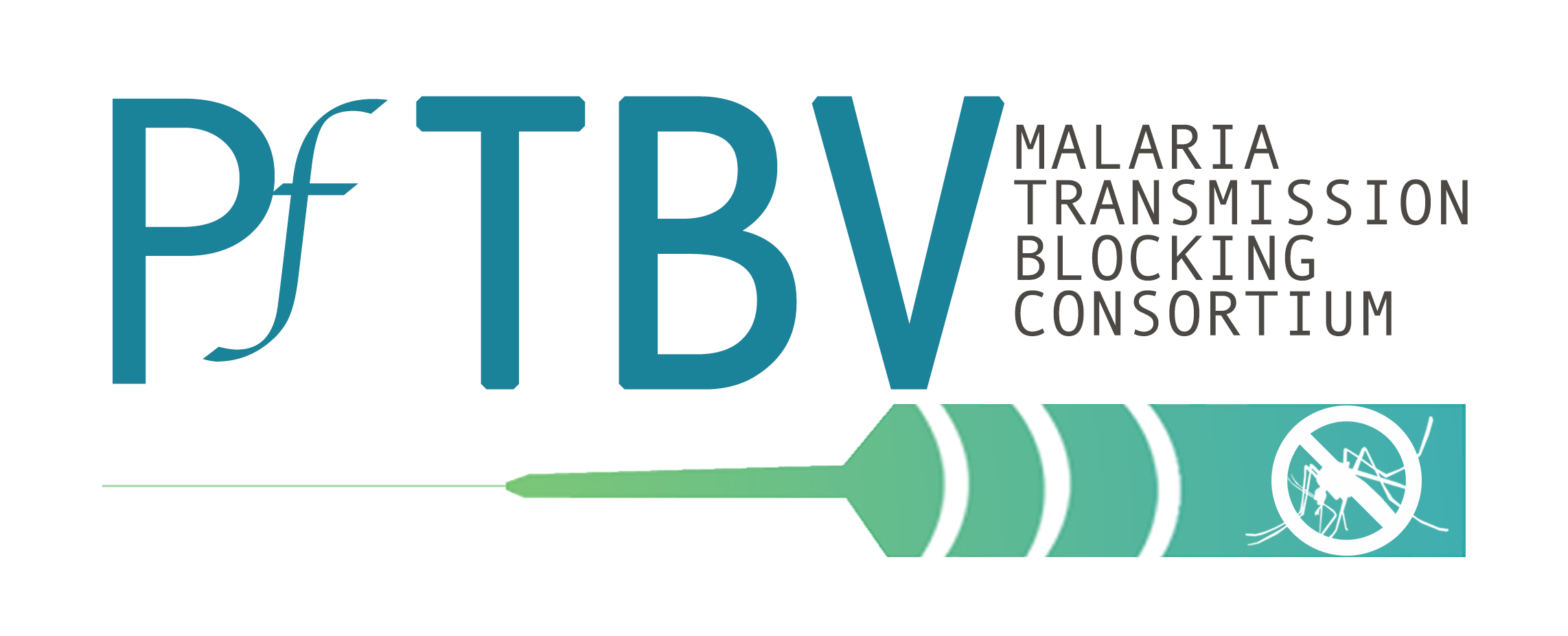


The PfTBV consortium consists of four African, two European, and two US legal entities:
USTTB, University of Bamako, includes faculties of Medicine, Pharmacy and Basic Sciences, an Institute of Applied Science, and the research laboratories founded by the NIH/NIAID which focus on malaria, tuberculosis and retrovirology. USTTB has completed dozens of Phase 1 and 2 clinical trials and specifically 3 PfTBV vaccine trials involving 3 different sites in Mali as a partnership with NIAID.
In collaboration with the Ministry of Health, NPHIL strengthens existing infection prevention and control efforts, laboratories, surveillance, infectious disease control, public health capacity building, response to outbreaks, and monitoring of diseases with epidemic potential. In 2015, NPHIL, under the umbrella of a joint Liberia-U.S. Clinical Research Partnership with NIAID conducted a large Ebola vaccine study that enrolled more than a thousand Liberians, and is currently a site for the PREVAC Ebola Vaccination program.
CNFRSRM is a public facility under the Ministry of Health, created by the Presidential decree to support priority health programs of training and research components. The centre results from the collaboration between the Ministry of Health and the Universities of Gamal Abdel Nasser of Conakry (Guinea) and Rennes (France) and several other technical and financial partners. Maferinyah is a rural sub-district 75 km from the capital Conakry. Since 2011, CNFRSRM has partnered with USTTB (Mali) and Inserm in clinical trials. CNFRSRM was a partner site in EDCTP-funded WANECAM project, and is currently a site for the PREVAC Ebola Vaccination program.
The Groupe de Recherche Action en Santé (GRAS) is an enterprise operating in the field of health research with a focus on clinical research. The scientific staff of GRAS is multidisciplinary with well proven skills in clinical trials. The staff has a sound knowledge of ethical principles in research involving human subjects and on ICH GCP. During the last decade, scientists from GRAS in collaboration with its international partners (WHO/TDR, GSK, Sanofi, ANRS France etc.) and National Partners (Ministry of Health, universities and high schools) have carried out several epidemiological studies, health system research, drug and vaccines trials from phase 1 to phase 4 and for various diseases such as malaria, pneumonia, sickle cell diseases, and hepatitis.
A government organization with a leading role in malaria immunology and vaccine research. SSI has developed and produced the GMZ2 vaccine candidate which has recently completed Phase 2 clinical trials in four African countries with funding from EDCTP. SSI has a strong record of north-south partnerships from previous EDCTP funded projects and Danish foreign aid (DANIDA) programs.
A government organization with a leading role in assess transmission blocking immunity including functional bioassays. RUMC has extensive experience in clinical trials including development of the CHMI transmission model. RUMC has a strong record of north-south partnerships from previous EU including Horizon 2020 and EDCTP funded projects.
A US government organization with an extensive portfolio of research on malaria and vaccines. The transmission blocking vaccine concept was initially developed at NIH, and the initial domestic and international trials of TBVs have been conducted under the auspices of NIAID. No funding is requested to NIAID. NIAID is providing in-kind funding to provision vaccine drug product for trials in Years 1-3, to offer clinical trial monitoring/product sponsor support for trials throughout the 5-year program in Mali, Liberia and Guinea, to conduct a cohort study to assess age-specific indicence of clinical malaria and prevalence of infection in Liberia and Guinea, and to conduct the age de-escalation trial required before the Year 1 community trial can be launched. In addition, NIAID led the preclinical development including processes for manufacture of Pfs230D1M-EPA.
A private, nonprofit entity focused on appropriate technologies for global health, with a longstanding commitment to malaria vaccine development. PATH is determined to create solutions that ensure sustained improvement in human health. Roles: Guidance for CMC, Pre-clinical toxicology, clinical trial design, and functional immunological analyses at PATH Reference Center. No funding is requested to PATH. PATH is providing in-kind funding to support the preclinical activities for R0.6C and Pfs230 including adjuvant selection. In addition, PATH has provided the preclinical development of R0.6C and is supporting the developing of 230-6C leading to processes ready for manufacture. Betond this program, long-term commercialization and product development support.
